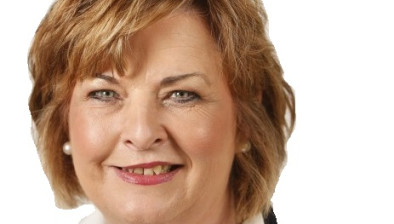Modest recovery observed in UK’s August GDP

The UK economy has demonstrated a slight recovery with a 0.2% month-on-month increase in GDP in August, a modest upswing following July’s significant 0.6% decline, according to the latest ONS figures.
This growth was primarily driven by a 0.4% expansion in the services sector, notably in professional, scientific, technical activities, and education, the latter due to the cessation of teachers’ strikes. However, the manufacturing and construction sectors didn’t share this positive trend, experiencing declines of 0.8% and 0.5% respectively.
The marginal growth in August casts doubts on the economic outlook for Q3, with speculations of a potential minor shrinkage.
Martin Beck, Chief Economic Advisor to the EY ITEM Club, believes that the “0.6% contraction in consumer-facing services in August suggests there’s room for a rebound”. However, he noted that the economy would need a 0.4% surge in September to maintain a flatlining status in Q3.
He added: “That month’s weak set of activity surveys and the growing impact on borrowers of interest rate rises suggest this could be a stretch.”
The EY ITEM Club’s Autumn Forecast, scheduled for release on 16 October, anticipates the economy to continue its minimal growth trajectory into 2024. The escalating mortgage expenses for households transitioning from past fixed-rate deals, coupled with persistent inflation and a stagnating jobs market, are significant headwinds. Nevertheless, the Club remains optimistic about avoiding a severe downturn, citing decreasing inflation and a resurgence in real wage growth as positive signals.
Kevin Brown, savings specialist at Scottish Friendly, reflected on the persistent economic lethargy, noting that while the slight GDP growth alleviates immediate recession concerns, households continue grappling with inflation, mounting borrowing costs, and tepid economic expansion.
He emphasised: “As we know by now, financial belt tightening and planning is a must for almost all of us at the moment while we ride out the bumpy road ahead. However, people should not just focus on the short-term if they can.
“Once you have a comfortable savings buffer in place it is also worth setting aside some cash with a longer-term horizon to invest and try to beat inflation.”








